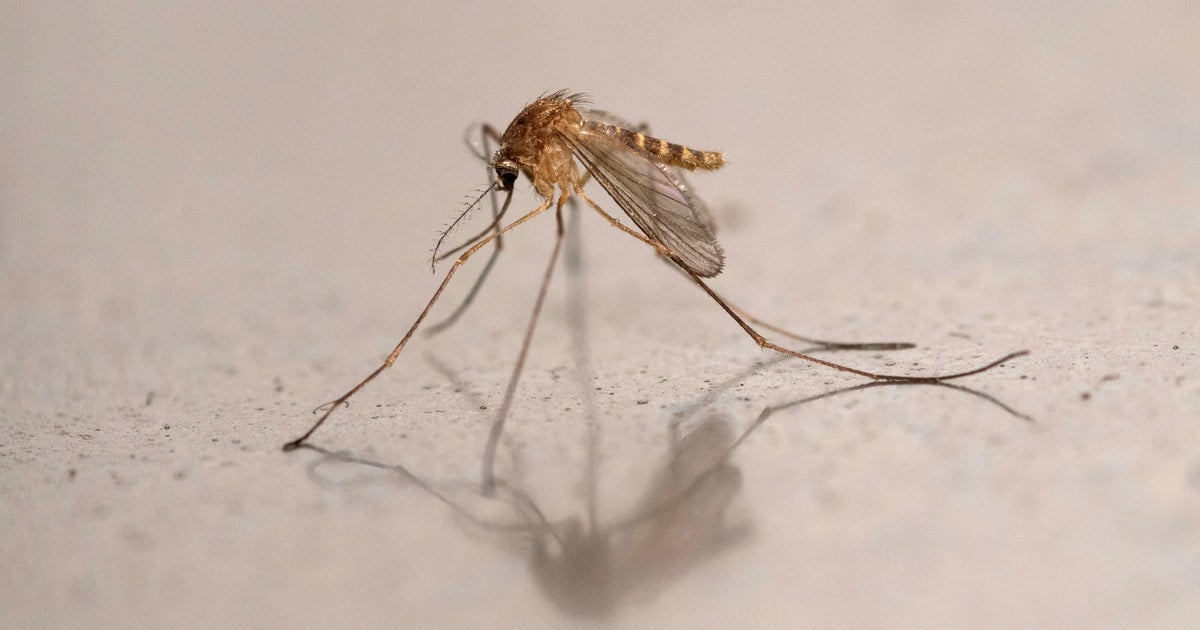World leaders are gathering to discuss Disease X. Here's what to know about the hypothetical pandemic.
World leaders gathered at the World Economic Forum's annual meeting in Davos, Switzerland, on Wednesday to discuss Disease X, a hypothetical virus 20 times deadlier than COVID-19.
While such a virus isn't known to currently exist, researchers, scientists and experts are hoping to proactively come up with a plan of action to combat such a virus and prepare the health system if it were to emerge as a pandemic — a possibility one expert told CBS News could happen sooner than we think.
"There are strains of viruses that have very high mortality rates that could develop the ability to transmit efficiently from human to human," said Dr. Amesh Adalja of the Johns Hopkins Center for Health Security.
What is Disease X?
In 2022, the World Health Organization brought together 300 scientists to look into 25 virus families and bacteria to create a list of pathogens that they believe have the potential to wreak havoc and should be studied more. Included on that list is Disease X, which was first recognized by the organization in 2018.
The WHO says the virus "represents the knowledge that a serious international epidemic could be caused by [an unknown] pathogen."
WHO Director-General Tedros Adhanom Ghebreyesus said Wednesday in Davos that COVID-19 may have been our first "Disease X," and that scientists and experts are actively learning from that experience.
From where could a pathogen like Disease X originate?
A deadly pathogen like Disease X, which would likely be a respiratory virus, according to Adalja, could already be circulating in animal species and is just not able to be transmitted to humans yet.
"That could be bats like COVID-19, it could be in birds like bird flu, or it could be some other type of animal species, swine for example," he said. "It's really about that interface between humans and animals, where interactions are occurring, that these types of viruses get a foothold."
How are experts preparing for Disease X?
If we are unprepared, it is likely a disease of that scale could cause even more damage than we experienced with COVID-19, which has killed more than 7 million people, according to the WHO.
"If we did so poorly with something like COVID-19, you can imagine how poorly we would do with something like a 1918-level event," Adalja said, referring to the influenza pandemic of 1918 that killed an estimated 50 million people around the world, according to the Cleveland Clinic.
That's why experts from around the world have been working on a robust and effective plan to prepare for the worst-case scenario. Ghebreyesus said an early-warning system and a plan for health infrastructure, which was overburdened during the COVID-19 pandemic, leading to many deaths, could help in a future scenario.
"Whether it's in health systems or even the private sector, by the way — research and development — you can prepare for it," he said.
Another major lesson from COVID-19 is the importance of transparency, Adalja said.
"I think what we see now is this distrust between infectious disease physicians, public health practitioners and the general public, because what happened is politicians injected themselves into this," he said. "People may not actually be receptive to the protective actions that are being recommended by public health officials."
Ghebreyesus said the WHO, in partnership with other global organizations, has already put initiatives in place in preparation for the next major pandemic or epidemic. These efforts include the pandemic fund to help nations with resources, the mRNA vaccine technology transfer hub to ensure vaccine equity for low-income nations and the hub for pandemic and epidemic intelligence to improve collaborative surveillance between countries.



